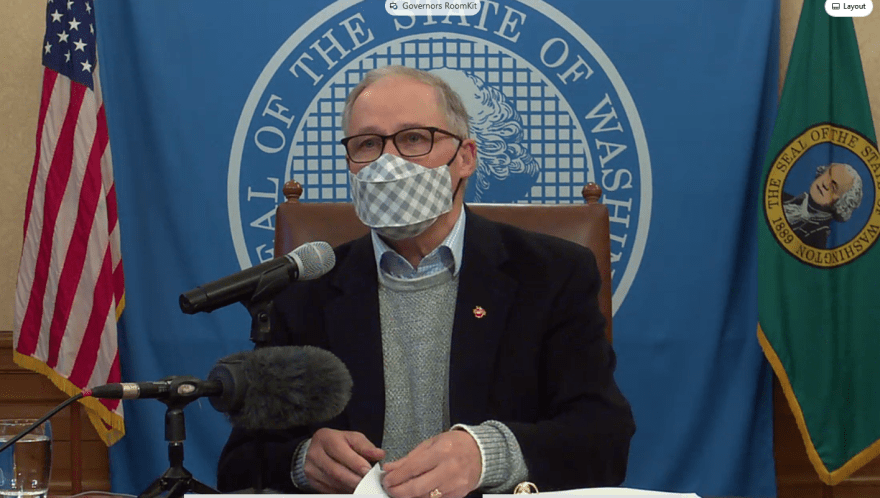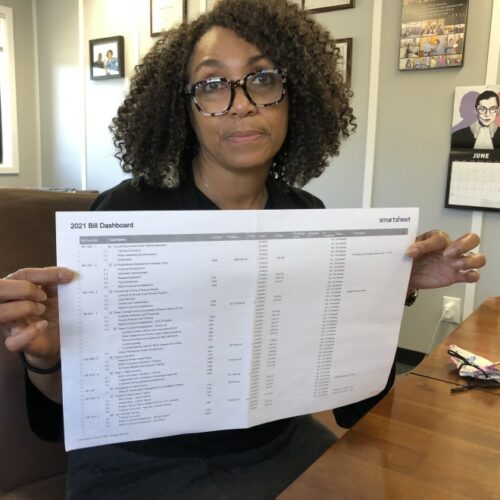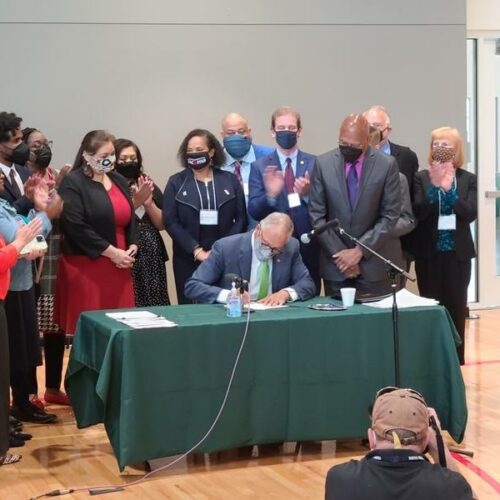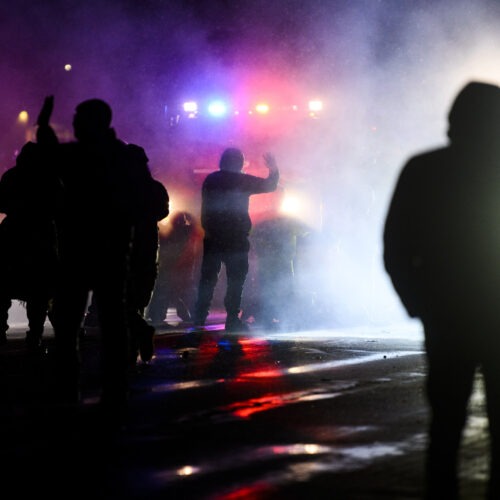
Gov. Inslee Signs Police Reform “Fix” Measures
Listen
Read
Washington Governor Jay Inslee has signed into law two so called “fixes” to last year’s sweeping police reform measures. One makes clear that police can use 50 caliber or greater less-than-lethal rounds. The other clarifies when officers must use de-escalation tactics before resorting to force. It also says police can use reasonable force when responding to non-criminal crisis calls. Inslee was asked about opposition to some of the changes from families whose loved ones have been killed by the police.
“I do not believe in any way that the bills I just signed are going to increase unnecessary violence. I just don’t believe that at all. I think it will actually accomplish the original goal which is to reduce unnecessary violence. Help officers to de-escalate.”
Inslee said he also supports a bill to allow officers to use force to keep someone who has been temporarily detained from fleeing. Lawmakers this year have also debated whether to ease up on some of the restrictions passed last year limiting police pursuits.
Related Stories:

‘Cultural Changes Ahead’ For Police In Washington State, As Controversial Reform Takes Effect
New laws governing Washington State law enforcement took effect on Sunday, including their use of force (HB 1310) and tactics (HB 1054).
Some police departments in King County say new laws means they will no longer respond to certain calls; City of Seattle chief Adrian Diaz calls that “absurd.”

Flanked By Families, Washington Governor Signs A Dozen Police Reform Bills Into Law
Calling it a “moral mandate,” Gov. Jay Inslee on Tuesday signed into law a dozen bills that backers hope will improve policing in Washington, reduce the use of deadly force and ensure that when deadly encounters do occur the investigations are thorough and independent.

Civil Rights Group Calls On Justice Dept. To Suspend Local Police Grants
The NAACP Legal Defense and Educational Fund wants Attorney General Merrick Garland to suspend grants to local law enforcement until he’s sure that no federal taxpayer money is funding police departments that engage in discrimination, according to a letter obtained by NPR.















